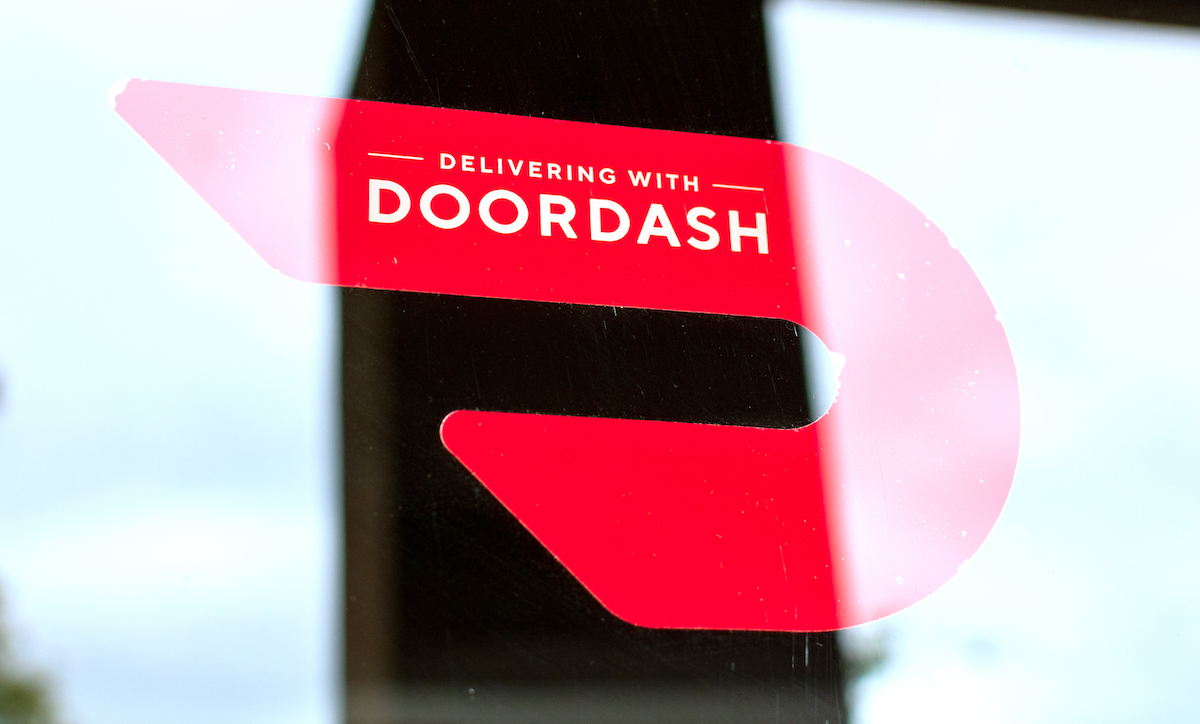DoorDash is deploying more of Relex’s artificial intelligence-driven supply chain optimization capabilities to improve operations across its DashMart network of first-party fulfillment centers.
The expanded collaboration builds on the results of DoorDash’s implementation of Relex forecasting and replenishment capabilities in 2022, according to a Monday (Aug. 11) press release.
DashMart locations are stocked with everyday items like convenience products and fresh produce and enable DoorDash to deliver these items directly to consumers within minutes, according to the release.
The latest additions to these capabilities provided by Relex aim to optimize inventory accuracy and reduce waste across the DashMart network, the release said. They will enable DoorDash to automate complex purchasing decisions, address operational challenges in on-demand delivery and respond more effectively to fluctuations in demand.
“Relex AI-powered tools have transformed how we manage our supply chain,” DoorDash Head of Inventory Eli Bleemer said in the release. “With this expansion, we can unlock even greater efficiencies, from optimizing inventory to ensuring the freshest products for our consumers.”
Relex’s platform is used by retailers and manufacturers to optimize demand forecasting, replenishment, merchandising, pricing and promotions, supply chain operations and production planning, per the release.
Tiina Kanninen, senior vice president of customer success at Relex, said in the release: “Our unified approach to supply chain optimization provides the precision and agility DoorDash needs to continue to scale efficiently, especially in a fast-paced logistics environment.”
Firms need a comprehensive end-to-end solution for the entire consumer goods supply chain that can seamlessly link downstream demand with upstream planning so they can more accurately predict consumer demand, optimize production plans and schedules, adjust inventory levels, and adapt quickly to market changes or unexpected disruptions, Relex co-founder Michael Falck told PYMNTS in an interview posted in January 2024.
“Fresh goods demand requires forecasting and optimization because you have uncertainties regarding both the material supply and the demand, which leads to different opportunities in terms of how to use the raw material to meet the customer needs,” Falck said, adding that this leads to “less shrink and waste” across the whole supply chain.
When DoorDash deployed Relex’s supply chain planning solution in August 2022, the companies said it would use machine learning to create forecasts to provide supply chain optimization for DashMart locations.
For all PYMNTS B2B coverage, subscribe to the daily B2B Newsletter.

